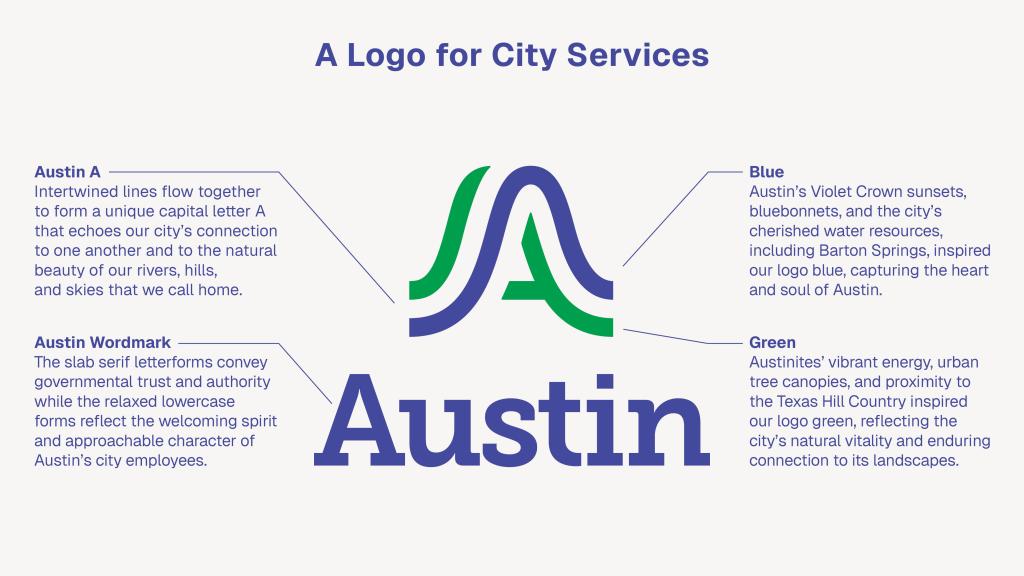Did you know that the average American eats about 225 pounds of meat every year? According to the U.S. Department of Agriculture, the average American eats over 40% more meat than what is recommended by dietary guidelines. Meat consumption in the United States has significantly risen since the 1970s. This alarming increase is becoming dangerous to people’s health, wreaking havoc on the environment and becoming a habit too expensive to maintain. Although some would argue that meat has high nutritional value and is part of the “natural order,” research supports the conclusion that a plant-based diet can provide adequate nutrition, improve overall health and be more environmentally and economically sustainable.
Because of the environmental effects and mistreatment of animals, the ethics of eating meat are not justifiable. It is known that harmful emissions lead to irreversible damage to our planet and that the meat industry is contributing a significant amount of harmful emissions. Globally, the United Nations estimates that livestock emissions make up more than 14% of all man-made greenhouse gasses, including methane. As if this fact were not eye-opening enough, we can break it down even further. In a study that profiled the emissions of 171 crops and 16 animal products from more than 200 countries, researchers found a stark difference between meat and plant production — to produce 1 kilogram of wheat, 2.5 kilograms of greenhouse gasses are emitted, compared to 70 kilograms of emission for 1 kilogram of beef. There is a limit to what our planet can sustain, and we are already at a breaking point. It’s clear that if we continue on this trajectory, our planet will no longer be able to support our existence. How can we justify raising animals for our selfish desires? If these statistics don’t make you rethink your meat consumption, can you truthfully say you care about our planet?
Plant-based diets are also more economically sustainable. For most people, saving money is a priority. Many people don’t realize how much of their money is going towards the meat they eat. In a survey of nearly 25,000 respondents who self-reported their food expenditures, researchers found that vegetarians spent on average $20 less per week compared to their omnivorous counterparts. Plant-based diets can not only save money in the short term but also in the long term.
There is even evidence that being vegetarian can reduce long-term health costs. In a study where 12,000 volunteers were observed for five years, those who followed a vegetarian diet required 15% less in medical expenditures compared to omnivores in the study, even after adjusting for age, sex, education, smoking, alcohol use and exercise. This study shows that being vegetarian is less costly across all segments of the population. Not only does being vegetarian keep more money in your pocket now, but it also can prevent costs later in life, such as hospital bills. From a financial standpoint, being vegetarian simply makes a whole lot of “cents.”
It is clear that for most people, being vegetarian is the most ethical, sustainable and nutritious dietary choice. People who are vegetarian live longer, healthier lives, have more money in their pockets and do considerably less damage to the environment. We take many of our precious resources for granted: our health, our environment and our prosperity. Unless we as a society make a conscious effort to shift towards a plant-based diet, we are setting ourselves up for serious consequences. Individually, it may seem like a drop in the bucket; however, if we all do our part to reduce our meat consumption, we could make a substantial difference in the future of our world. We owe it to ourselves and our planet.







